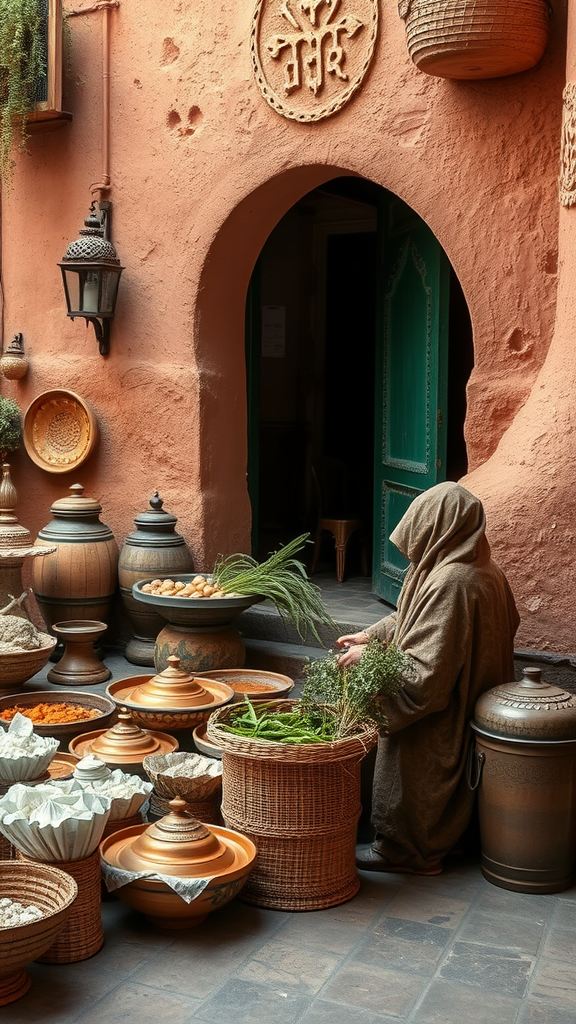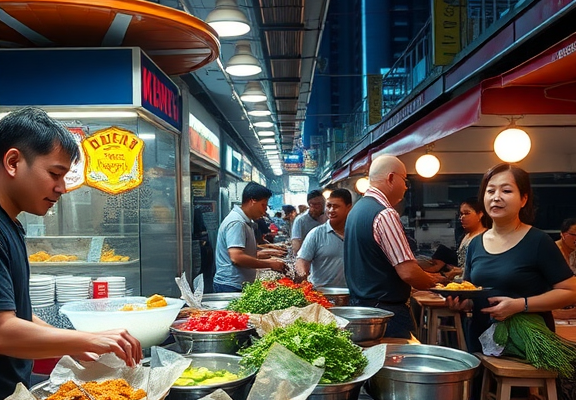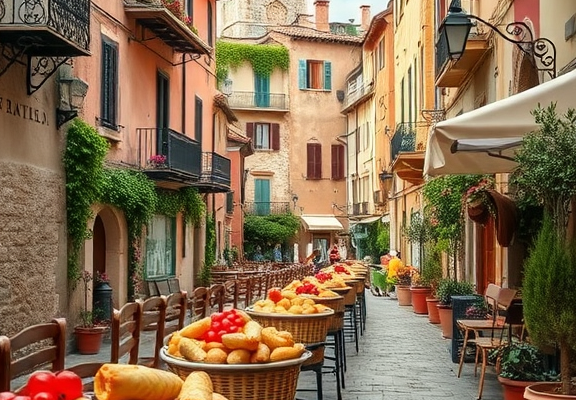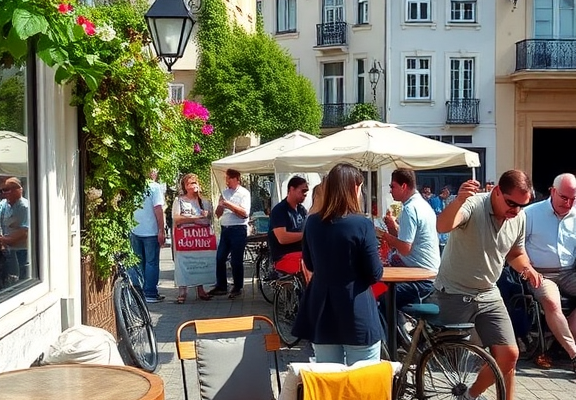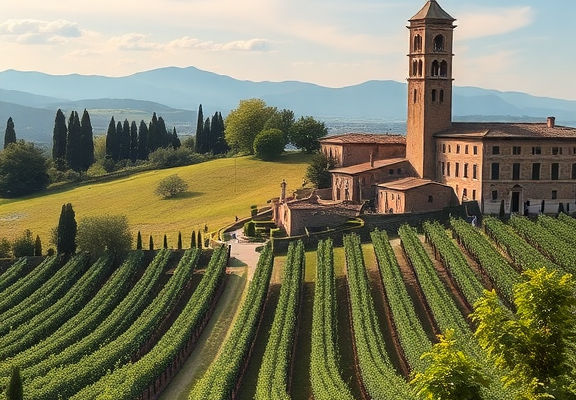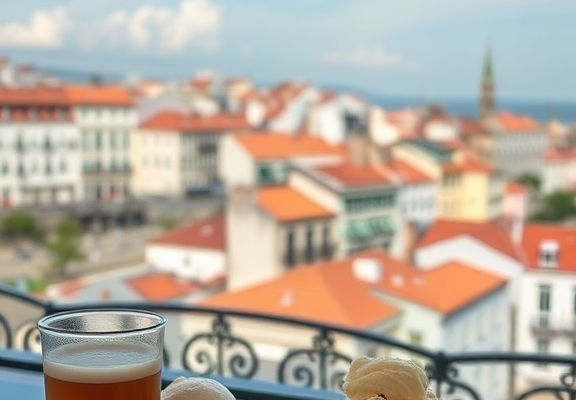Exploring Traditional Moroccan Dishes: A Taste of Culture
Morocco is a land rich in culture and tradition, and its food reflects this vibrant history. Traditional Moroccan dishes are not just meals; they are an experience that connects you to the heart of the country. When you explore these dishes, you dive into a blend of flavors, textures, and aromas that tell stories of togetherness and celebration.
Thank you for reading this post, don't forget to subscribe!Tagine: A Culinary Icon
One cannot talk about Moroccan cuisine without mentioning tagine. This iconic dish is named after the special earthenware pot it is cooked in. The pot has a conical lid that helps to circulate steam, making the food tender and flavorful. Tagine can be made with various ingredients, including:
- Meat: Lamb, chicken, or beef are common choices.
- Vegetables: Carrots, zucchini, and chickpeas are often included.
- Fruits: Dried apricots and prunes add a sweet twist.
Each family has its own secret recipe for tagine, making every meal a unique experience. Whether enjoyed at a local eatery or a vibrant market, tagine embodies the essence of Moroccan cooking.
Couscous: The Heart of the Meal
Couscous is another staple in Moroccan dining. Made from finely ground semolina wheat, couscous is usually steamed and served with stew or vegetables. It’s not just a dish; it’s often the centerpiece of a family meal. Here are some common variations:
- Couscous Royal: A festive version topped with meat and vegetables.
- Vegetable Couscous: A lighter option filled with seasonal vegetables.
- Sweet Couscous: Made with raisins and cinnamon, it can even serve as a dessert!
Sharing couscous from a communal platter is a sign of friendship and hospitality. It symbolizes unity, as everyone digs in together.
Street Food: A Taste of Everyday Life
Street food in Morocco offers a glimpse into the daily life of its people. Vendors line the streets with tantalizing aromas wafting through the air. Some must-try items are:
- Harira: A traditional soup made with lentils, chickpeas, and tomatoes, commonly served during Ramadan.
- Brochettes: Grilled meat skewers seasoned to perfection, often available at nighttime stalls.
- Poussin: Spiced grilled chicken often served with a side of flatbread.
Sampling street food not only satisfies your hunger but also allows you to mingle with locals and indulge in their culture.
Mint Tea: The Essence of Hospitality
In Morocco, tea is more than just a drink; it’s a ritual. Moroccan mint tea, often referred to as “Moroccan whiskey,” is made by steeping green tea with fresh mint and loads of sugar. Here’s why you should savor this beverage:
- Symbol of Hospitality: Offering tea to guests is a sign of welcome and friendship.
- Art of Pouring: The pouring of tea from a height creates a frothy surface and is a practice to behold.
- Flavorful Experience: The combination of mint and sweetness creates a refreshing and uplifting drink.
Drinking mint tea is an experience not to be rushed. Sip slowly and enjoy the connection it fosters with your hosts.
Spices: The Heartbeat of Moroccan Flavors
The vibrant spices found in Moroccan dishes are what set them apart. Cumin, coriander, saffron, and cinnamon are just a few examples. These spices not only enhance flavor, but they also add warmth and depth to every meal. For instance:
- Saffron: Adds a luxurious golden color and a unique flavor.
- Cinnamon: Sweet and warm, it’s often used in both savory and sweet dishes.
- Harissa: A spicy chili paste that adds a kick to any meal.
The careful balance of these spices creates dishes that are not only delicious but also tell a story of Moroccan heritage.
Exploring traditional Moroccan dishes is more than just satisfying your taste buds; it’s an invitation to experience the culture and warmth of the Moroccan people. As you try tagine, couscous, and street food, and sip on mint tea, you’ll find that each meal shares a piece of this beautiful country’s history and hospitality. Indulging in these culinary delights offers a travel experience that lingers long after the last bite, making you feel like a part of this vibrant tapestry of culture.
The Role of Food in Moroccan Social Gatherings and Festivals
Food plays an essential role in Moroccan social gatherings and festivals, serving as a bridge that connects people, cultures, and traditions. In Morocco, meals are more than just sustenance; they symbolize hospitality, friendship, and community. When you step into a Moroccan home or attend a celebration, the aroma of spices fills the air, and your senses are immediately engaged. Each dish tells a story, carries history, and is a key player in social interactions.
One of the most notable aspects of Moroccan culture is the traditional meal setup. Typically, food is served on a large communal dish. Everyone gathers around the table, and eating with your hands is customary. This practice not only fosters a sense of togetherness but also encourages sharing and bonding among guests. When you engage in this ritual, you’re not just consuming food; you’re participating in a social event that emphasizes unity and connectedness.
During special occasions such as weddings, religious holidays, and festivals, the role of food becomes even more prominent. For instance, during Eid al-Fitr, families prepare feasts that offer a variety of dishes, such as couscous, tagine, and sweet pastries. The act of preparing and sharing these meals is integral to the celebration, as it showcases generosity and love for family and friends. In these moments, food transcends its physical presence and transforms into a symbol of gratitude, faith, and community spirit.
Festivals like the Moussem de Tan-Tan highlight the vibrant food culture of Morocco. This annual gathering not only showcases the diverse traditions of various tribes but also emphasizes the importance of food in social exchanges. Vendors set up stalls offering local delicacies, allowing attendees to sample a rich array of flavors while mingling with one another. The experience fosters cultural pride and showcases the culinary heritage that defines Moroccan identity.
Additionally, Moroccan cuisine is renowned for its complex flavors, heavily influenced by geography and history. Key ingredients include spices such as cumin, saffron, and paprika, along with fresh herbs. These rich flavors come together in dishes that are often a focal point during gatherings. Visitors to Morocco can engage in cooking classes or culinary tours to truly understand the importance of these ingredients and the stories behind them. Here you can learn how to prepare traditional meals, deepening your appreciation for the food you will enjoy during your travels.
Another key feature of Moroccan gatherings is the concept of “teatime.” Sharing mint tea is not just a ritual; it’s a cherished tradition that symbolizes hospitality. When you visit a Moroccan home, you are often offered mint tea as a sign of welcome. The preparation of this tea is a ceremonial process in itself, where the person making it usually pours the tea from a great height, demonstrating skill and care. The act of sharing this tea fosters conversation and strengthens bonds, making it an important aspect of social gatherings.
Moroccan festivals also highlight regional specialties that reflect the unique influences of different areas. In the north, for instance, seafood dishes are prominent, while in the Sahara, you’ll find rich lamb stews. These regional variations add depth to the social experience, encouraging guests to explore and appreciate the diversity of Moroccan cuisine.
It’s not just about eating traditional foods; it’s about understanding the larger context of community as you partake. Engaging in these culinary experiences can reveal much about Moroccan values, lifestyle, and the warmth of its people. To fully immerse yourself in this culinary culture, consider participating in a local festival that involves food tasting, crafts, and traditional music. Festivals like the Marrakech Food Festival are a fantastic way to connect with locals and experience the vibrancy of Moroccan culture.
The role of food in Moroccan social gatherings and festivals cannot be overstated. It is a beautiful amalgamation of flavors, traditions, and values that brings people together and celebrates Moroccan identity. Whether you are eating with friends and family in a cozy home or under the stars during a large festival, the experience is enriched with stories and shared joy. As you explore Moroccan culture, remember that every meal is an invitation to celebrate life, love, and friendship.
Conclusion
Experiencing the culinary landscape of Morocco goes beyond simply tasting food; it’s a deep dive into the heart of a vibrant culture. Traditional Moroccan dishes, such as tagines, couscous, and pastilla, offer a flavorful narrative that reflects the country’s rich history and diverse heritage. Each bite reveals the influences of Berber, Arab, and Mediterranean cuisines, showcasing the unique amalgamation of spices and ingredients that characterize Moroccan cooking. As you savor these dishes, you are really indulging in a storytelling experience that connects you to the land and its people.
Beyond individual meals, food plays a pivotal role in forging bonds within Moroccan society. Social gatherings and festivals are transformed into vibrant celebrations where food takes center stage. From family feasts during Eid celebrations to neighborhood gatherings that celebrate the changing seasons, these events highlight the importance of food as a means of connection. Sharing a meal, whether in a bustling market or a family home, embodies the spirit of togetherness cherished by Moroccans. This communal aspect not only nurtures relationships but also preserves traditions passed down through generations.
Engaging in cultural food experiences in Morocco allows you to step into a world rich in flavors, stories, and shared moments. Embrace the opportunity to explore these culinary delights, and you’ll find that every meal is an invitation to connect, understand, and celebrate the essence of Moroccan life. Whether you are traveling or cooking at home, these experiences will leave you with lasting memories and a deeper appreciation for the culture that thrives within each dish.

